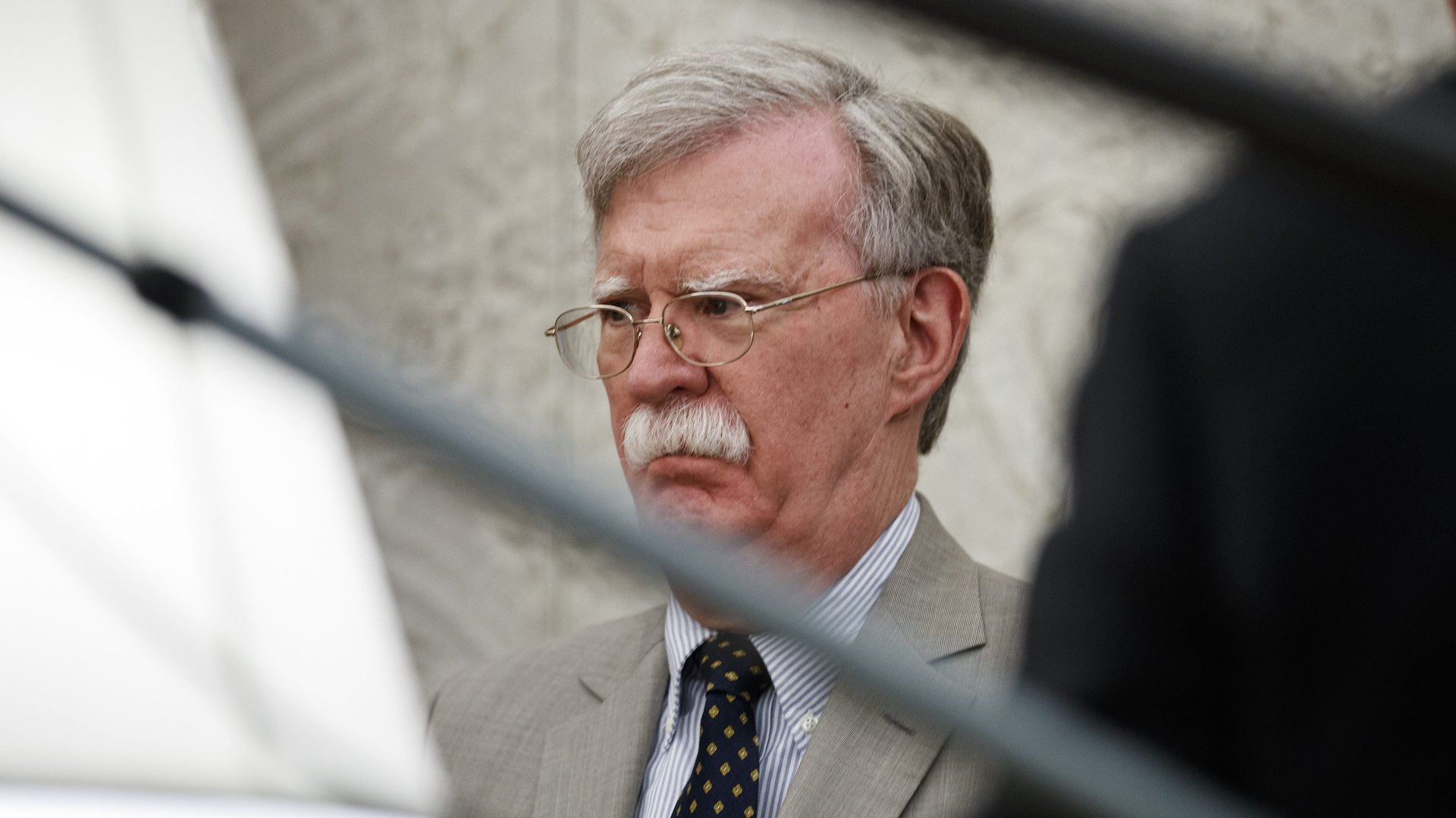John Bolton’s departure is good for diplomacy but bad for stability
John Bolton, US President Donald Trump’s latest national security advisor, resigned yesterday (according to him) or was fired today (according to the president).


John Bolton, US President Donald Trump’s latest national security advisor, resigned yesterday (according to him) or was fired today (according to the president).
Bolton was Trump’s third national security advisor in just over two and a half years, following Michael Flynn and H. R. McMaster (There was also Keith Kellogg, who worked as an acting advisor between the two). In other words, for the third time in under three years, the US is without a national security advisor, a condition that diplomats say opens the country up to security risks.
For many, Bolton was a problematic advisor for any number of reasons. Since the late 1980s, he has served two terms in the State Department at different times and was briefly the US ambassador to the United Nations. In all those roles, he promoted such hawkish views that he made a lot of people nervous. During his time as Trump’s national security advisor, he pushed the president not to meet the leader of North Korea, at one point advocated a missile attack on Iran, and most recently likely scuttled a peace deal that would have ended the nearly two-decade-long war between the US and the Taliban in Afghanistan. Bolton also accused the International Criminal Court of being a threat to American sovereignty.
So one can imagine the US diplomatic community breathing a sigh of relief at the news of his departure. Yet it’s not necessarily so: Former US diplomat and Obama White House staffer Brett Bruen says the dangers of instability are greater than those posed by a national security advisor who doesn’t like diplomacy.
“The most important feature of a national security strategy is stability,” Bruen told Quartz. Stability, he explains, is key to develop trust both externally with allies and players in the international field, and internally with the staff.
Trump has already gone through more national security advisors than all other presidents except for Ronald Reagan—who had six, but through two terms. Every new advisor brings with them new philosophies, new strategies, different programs, and different relationships, often derailing or even reversing the policies of the previous advisor. Bruen says the repeated changes of leadership “highlight the fundamental flaws in Trump’s national security strategy: impulsiveness, lack of discipline, and inability to listen to advisors.”
“Trump seems to go through national security advisors faster than there are outfit changes at the Oscars,” Bruen told Quartz, “This is dangerous and destabilizing for the United States and our allies, as our adversaries are able to exploit the constant trouble, turbulence, and transitions of this administration.”
Keeping this in mind, Bruen says, it’s important that the position is filled immediately, and not by an acting advisor or by the deputy national security advisor, or the US could be sorely unprepared in the face of any emergencies. “Trump’s foreign policy is marked by disruption of institutions and operating procedures,” Bruen added. “And this will have a long legacy that will extend beyond this term.”